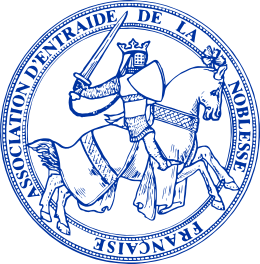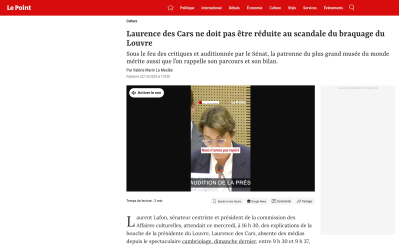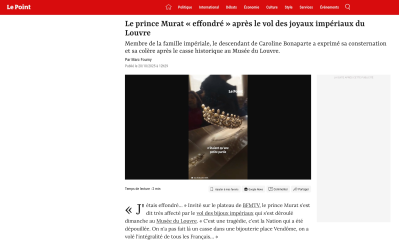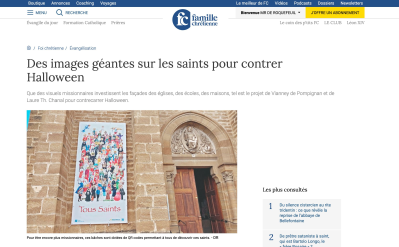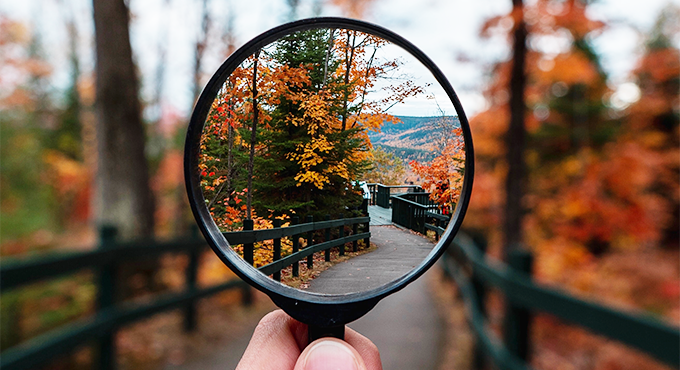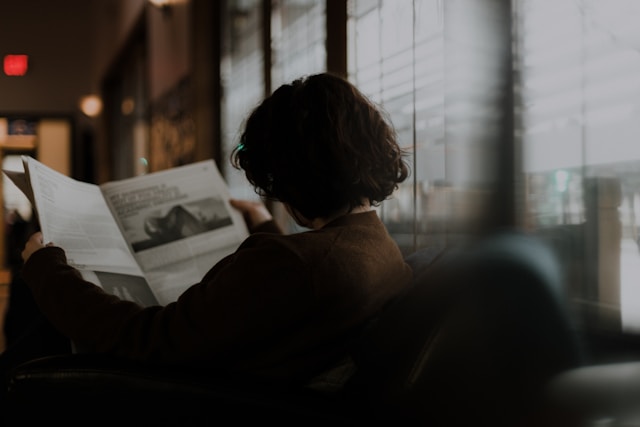News

Le Point: "Augustin de Romanet: "A life for oneself is not a good life"".
28 July 2024
Press review
Viewed 826 times
INTERVIEW. What is a good life? The CEO of Aéroports de Paris, a great servant of the State, answers our summer question. For the first time, he opens up about his inner workings. Augustin de...
You must be logged in to read more
